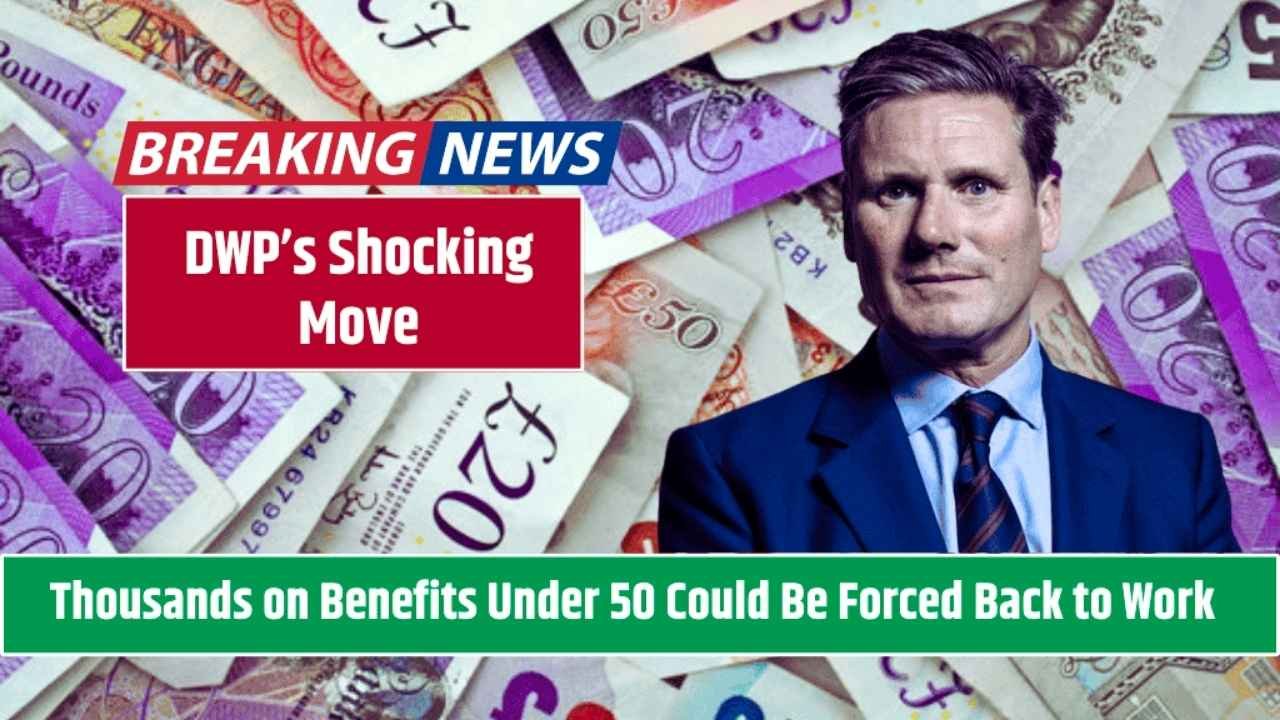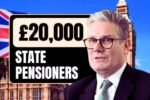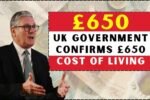The UK government has rolled out new Cost of Living Payments for 2025, offering between £301 and £500 to help millions of households cope with rising costs. Managed by the Department for Work and Pensions (DWP), this scheme aims to support low-income families, pensioners, and vulnerable groups facing higher bills for essentials like food, energy, and rent. With inflation still a challenge, these payments could be a lifeline for many. Here’s a clear guide to who qualifies, when the money will arrive, and what to do if you miss out.
Who Can Get the Payments?
To qualify for the £301 to £500 payments, you need to be receiving certain benefits during a specific period, likely in early 2025, though exact dates are still to be confirmed. The DWP has said eligible benefits include Universal Credit, Pension Credit, and Child Tax Credit, among others. Those on disability benefits or carers may also get extra cash, with payments tailored to their needs. If you’re not on these benefits, you won’t qualify, which has caused some concern for low-income workers just above the threshold.
| Benefit | Eligible for Payment? |
|---|---|
| Universal Credit | Yes |
| Pension Credit | Yes |
| Child Tax Credit | Yes |
| Income Support | Yes |
| Jobseeker’s Allowance | No (unless income-based) |
When and How Will You Get Paid?
The payments will be sent automatically to your bank account, so there’s no need to apply. They’ll be spread across three phases in 2025: spring, summer, and autumn. The first payment, starting at £301, is expected to land between March and May, with others following later in the year. Look for “DWP COL” or “HMRC COL” on your bank statement, followed by your National Insurance number. If your details have changed, update them with the DWP or HMRC to avoid delays.
Why Are These Payments Needed?
Rising costs for energy, groceries, and housing have left many UK households struggling, with one in four finding it hard to cover essentials, according to recent data. The government’s plan is to ease this pressure with direct cash payments, building on similar support from 2022 to 2024. While some say £500 isn’t enough to fix deeper financial woes, it’s a welcome boost for those on tight budgets, especially as energy prices are set to rise again in 2025.
What If You Don’t Qualify?
If you’re not on the eligible benefits, you won’t get these payments, but other help is available. Local councils run the Household Support Fund, offering grants or vouchers for food, heating, or other essentials. Contact your council to see what’s on offer in your area. Charities like Citizens Advice also provide free debt support and guidance, which could help you manage if you’re struggling.
The £301 to £500 payments are a vital step to support millions through 2025’s economic challenges. Keep your bank details updated and check your eligibility to ensure you don’t miss out. For those who don’t qualify, local schemes and charities can offer a helping hand. Stay informed via the official GOV.UK website for the latest updates on payment dates and rules.



